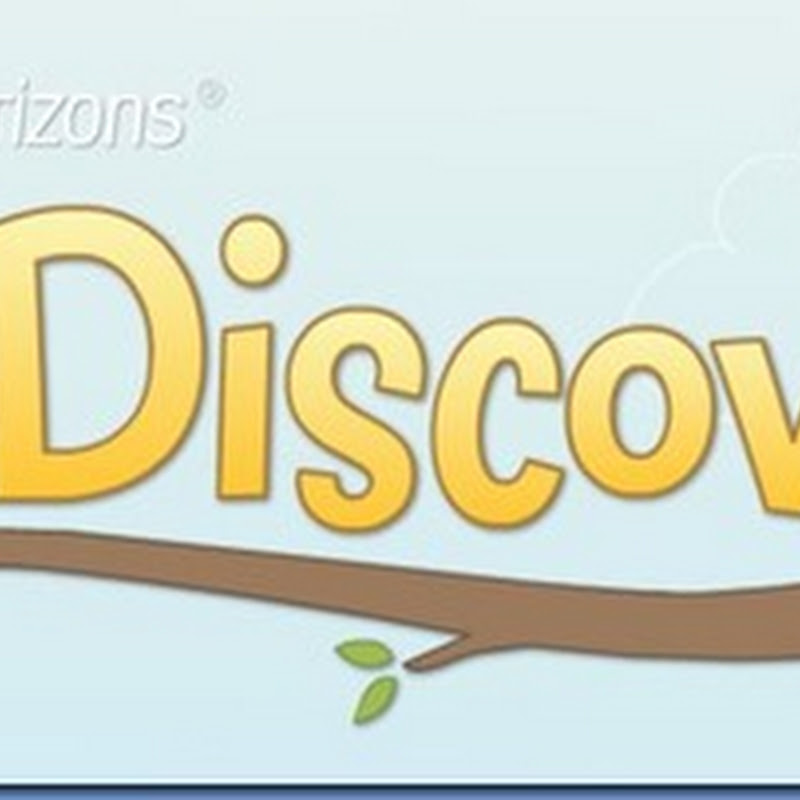We got these over Christmas from Nana and Papa...they are great, Great, GREAT! Both my Tiny Queen Bee and Little Engineer love reading these books. They have built in 'finder' holes that are not easily broken, torn, or anything else little hands can do to books. Having something for her to do that's hands-on reading is awesome.
by Just for Kids PRESS, A Charles Reasoner Book
What's the point in teaching WH questions to a child who is learning to speak and pre-ker? Because while they are learning to read at age 4-5 they will already understand and use their brain strategically for comprehension.
Teaching Reading Comprehension
As Steve mentioned on the Teaching Reading Page, comprehension is the only reason for reading. Without comprehension, reading is a frustrating, pointless exercise in word calling. It is no exaggeration to say that how well students develop the ability to comprehend what they read has a profound effect on their entire lives. A major goal of teaching reading comprehension, therefore, is to help students develop the knowledge, skills, and experiences they must have if they are to become competent and enthusiastic readers.
For many years, teaching reading comprehension was based on a concept of reading as the application of a set of isolated skills such as identifying words, finding main ideas, identifying cause and effect relationships, comparing and contrasting, and sequencing. Teaching reading comprehension was viewed as a mastery of these skills. Comprehension instruction followed what the study called mentioning, practicing, and assessing procedure where teachers mentioned a specific skill that students were to apply, had students practice the skill by completing workbook pages, then assessed them to find out if they could use the skill correctly. Instruction did little to help students learn how or when to use the skills, nor was is ever established that this particular set of skills enabled comprehension.

Taken from http://reading.uoregon.edu/comp/comp_features.php
Research indicates that we build comprehension through the teaching of comprehension strategies and environments that support an understanding of text. It is important for educators and parents to teach children active strategies and skills to help them become active, purposeful readers. Teaching reading comprehension is an active process of constructing meaning, not skill application. The act of constructing meaning is:
Interactive – It involves not just the reader, but the text and the context in which reading takes place.
Strategic – Readers have purposes for their reading and use a variety of strategies as they construct meaning.
Adaptable – Readers change the strategies they use as they read different kinds of text or as they read for different purposes.
by Just for Kids PRESS, A Charles Reasoner Book
What's the point in teaching WH questions to a child who is learning to speak and pre-ker? Because while they are learning to read at age 4-5 they will already understand and use their brain strategically for comprehension.
Teaching Reading Comprehension
TEACHING READING COMPREHENSION
A Look At Reading Comprehension Strategies
As Steve mentioned on the Teaching Reading Page, comprehension is the only reason for reading. Without comprehension, reading is a frustrating, pointless exercise in word calling. It is no exaggeration to say that how well students develop the ability to comprehend what they read has a profound effect on their entire lives. A major goal of teaching reading comprehension, therefore, is to help students develop the knowledge, skills, and experiences they must have if they are to become competent and enthusiastic readers.
For many years, teaching reading comprehension was based on a concept of reading as the application of a set of isolated skills such as identifying words, finding main ideas, identifying cause and effect relationships, comparing and contrasting, and sequencing. Teaching reading comprehension was viewed as a mastery of these skills. Comprehension instruction followed what the study called mentioning, practicing, and assessing procedure where teachers mentioned a specific skill that students were to apply, had students practice the skill by completing workbook pages, then assessed them to find out if they could use the skill correctly. Instruction did little to help students learn how or when to use the skills, nor was is ever established that this particular set of skills enabled comprehension.
Taken from http://reading.uoregon.edu/comp/comp_features.php
Research indicates that we build comprehension through the teaching of comprehension strategies and environments that support an understanding of text. It is important for educators and parents to teach children active strategies and skills to help them become active, purposeful readers. Teaching reading comprehension is an active process of constructing meaning, not skill application. The act of constructing meaning is:
























